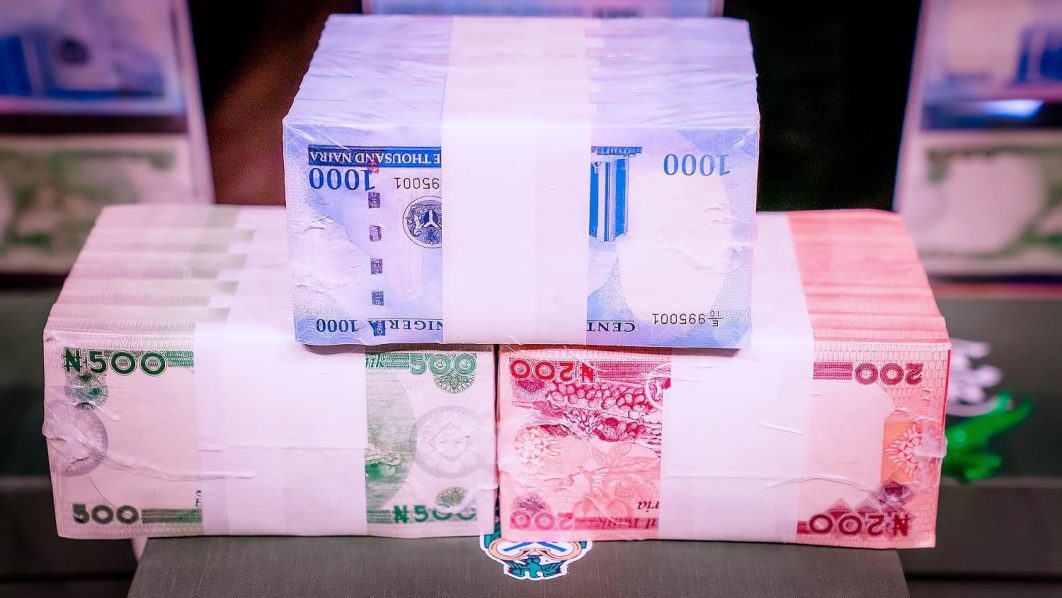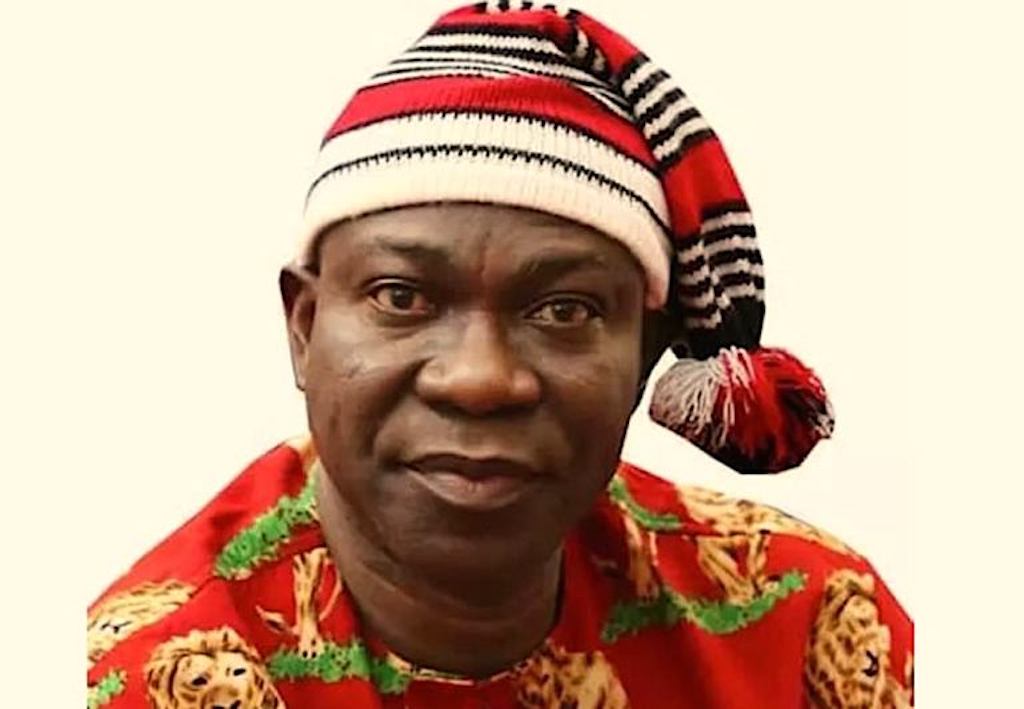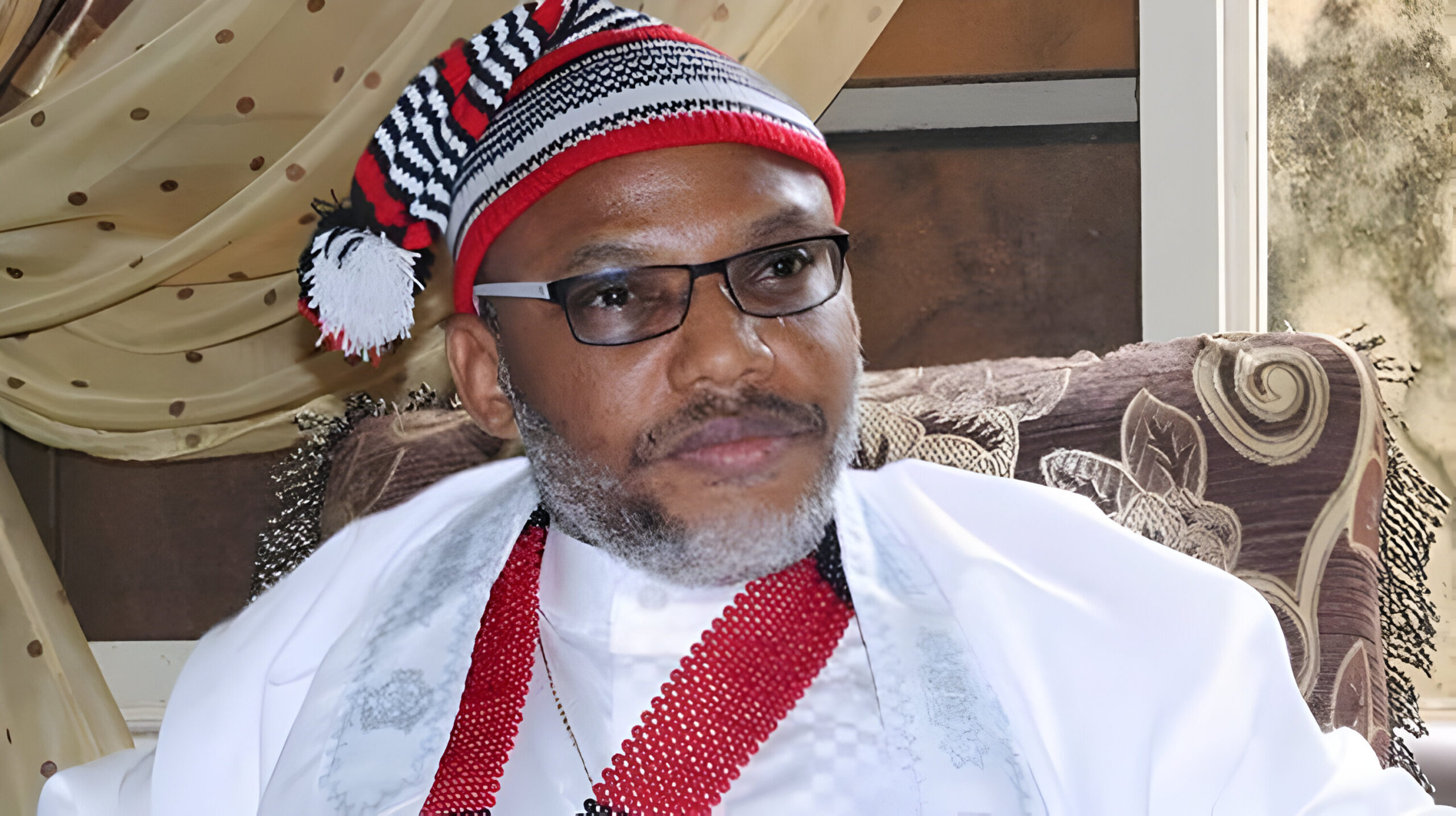![Peter Obi, presidential candidate of the Labour Party at the 2023 elections. [PHOTO CREDIT: Twitter handle of Peter Obi]](https://media.premiumtimesng.com/wp-content/files/2023/07/F1Ypo5CX0AYwy2Z-1-e1694117972526.jpeg)
Obidient Movement is often used to describe the activities of the group, which have been critical of President Bola Tinubu and his party, the All Progressives Congress (APC).
Mr Obi, a former governor of Anambra State, enjoyed a great following during the 2023 elections, especially in Nigeria’s South-east.
The former governor did not win the presidential election, but his party, the LP, won several elections in the country for the first time in the history of the party.
Although the impact of the Obidient Movement was felt almost across Nigeria, it was more in the South-east with the LP, for instance, producing a governor for the first time in Abia State and winning many federal and state legislative seats in Enugu State in 2023.
Like in Abia, the victories recorded by the LP in some parts of the country have been linked to Mr Obi’s “effect” and Obidient Movement which organised several rallies to mobilise support for LP candidates in the election.
New naira notes scarcity
Like in other regions of Nigeria, the memories of the new naira notes scarcity in the South-east would linger because of the severe hardship it brought upon the people.
The scarcity began after the Central Bank of Nigeria (CBN) introduced the newly redesigned N200, N500, and N1,000 notes which they said was meant to help in the nation’s fight against corruption, terrorism, counterfeiting and related crimes.

The CBN policy led to scarcity of the naira notes, bringing unprecedented hardship to millions of Nigerians in an economy significantly driven by the informal sector with a large proportion of unbanked population.
A 31 January deadline initially set for ending the legal tender status of the old naira notes was extended to 10 February as the supply of the new notes fell far short of the volume needed by citizens to meet their most basic transactions across the country.
In the South-east, just like in other regions of the country, many residents were forced to sleep at the premises of several commercial banks while some bank customers had to protest the continued cash crunch and its negative impacts on their lives.
The Supreme Court, later this year, held that both new and old naira notes should be used together. But the hardship caused by the new naira notes scarcity will remain evergreen in the minds of many Nigerians.
Conviction, sentencing of Ekweremadus in UK court
Residents of South-east Nigeria will not easily forget the year 2023 when a former Deputy President of the Nigerian Senate, Ike Ekweremadu, his wife, and Obinna Obeta, a medical doctor were convicted of organ trafficking by a court in the UK.
Mr Ekweremadu, hails from Mpu, a community in Aninri Local Government Area of Enugu State in the South-east.

The former senator, his wife, Beatrice and the doctor were found guilty of organ trafficking. They allegedly procured a 21-year-old Nigerian and flew him to the UK with the intention to harvest his kidney for their sick daughter.
The UK court, in a landmark judgment last May, sentenced Mr Ekweremadu to nine years and eight months in prison.
The court also sentenced Mr Ekweremadu’s wife, Beatrice, to four years and six months in prison while Mr Obeta, the doctor who allegedly colluded with them, was sentenced to 10 years in prison.
The trio are currently serving their separate sentences in the European country.
Although the sentencing happened in faraway UK, its impact was heavily felt in Nigeria, particularly in the South-east.
Nnamdi Kanu’s declaration of end of sit-at-home
It was a cheering news in Nigeria’s South-east in July 2023 when Nnamdi Kanu, the IPOB leader, ordered Simon Ekpa, a controversial Biafra agitator, to stop enforcing the controversial sit-at-home order in the region.
Mr Kanu, in a handwritten letter sent through Aloy Ejimakor, his special counsel, asked the Biafra agitator to make a public announcement acknowledging receipt of the order from him.

Mr Ejimakor, in a statement which accompanied the letter, said Mr Kanu wrote the letter on 24 July when he (Ejimakor) visited him at the facility of the State Security Service.
The lawyer said the IPOB leader instructed him to issue a press statement and make the letter public if Mr Ekpa failed to announce the end of the sit-at-home in the region.
He said, after unsuccessful attempts, he reached Mr Ekpa at about 1:44 a.m. on 25 July and subsequently sent him a snapped copy of the “direct order” from Mr Kanu to completely stop the illegal action in the region.
“He (Ekpa) acknowledged receipt (of the order) and we spoke briefly on it and exchanged a couple of text messages thereof,” Mr Ejimakor had said.
The special counsel said Mr Ekpa failed to implement the order which made Mr Kanu to authorise him (Ejimakor) to make the order public later that month.
In the beginning
IPOB, in August 2021, introduced a sit-at-home order every Monday across the South-east to pressure the Nigerian government to release its detained leader, Mr Kanu, who is facing terrorism trial at a Federal High Court, Abuja.
The separatist group later suspended the order, in preference for it to be implemented only on days Mr Kanu appears in court.
But despite its suspension, residents of the five South-east states – Enugu, Ebonyi, Imo, Abia and Anambra — have been observing the Monday sit-at-home order, mostly out of fear.
However, Mr Ekpa, a leader of Autopilot, a faction of the IPOB, continued to declare sit-at-home orders in the region despite being suspended by the IPOB faction led by Mr Kanu.
Short-lived joy
When the report of Mr Kanu’s order to Mr Ekpa circulated across the South-east, many residents thought that the end of their nightmare had ended. But they were wrong!
Hours after the order went public, Mr Ekpa, described the letter as “fake,” and maintained that the illegal action would go on until Mr Kanu spoke to him directly in Finland, a North European country, where he (Ekpa) resides.
Since then, the illegal order has continued, despite efforts by various Igbo leaders such as Governor of Anambra State, Charles Soludo and his Enugu State counterpart, Peter Mbah, against it.
Observance of the illegal order has, however, slightly waned in the past months across the region.
Emergence of new Ohanaeze president-general
Many new leaders emerged in various states recently in the South-east such as Enugu, Abia and Ebonyi, but the emergence of Emmanuel Iwuanyanwu as the new president-general of Ohanaeze Ndigbo, was a significant event in the region.
Ohanaeze Ndigbo is an influential socio-cultural group for the Igbo speaking people in the South-east and parts of South-south Nigeria (Rivers and Delta States).

Mr Iwuanyanwu, who hails from Atta, a community in Ikeduru Local Government Area of Imo State, was nominated by Imo Elders Council led by its Chairperson, Cletus Ilomuanya, in April 2023 to replace the immediate past leader of the organisation, George Obiozor, who died in December 2022.
The leadership of the Ohanaeze is rotational among seven Igbo-speaking states in the two regions.
Mr Iwuanyanwu’s nomination was for him to complete the aborted tenure of Imo State, following the demise of Mr Obiozor, a professor, who came from the state.
His nomination as the new president-general of the Igbo group was confirmed during a meeting of Ohanaeze Imeobi at Enugu’s Banquet Hall on 30 April 2023.
Imeobi is the highest decision-making organ of the Ohanaeze Ndigbo.
Failed attempt at producing a president
When the support for Mr Obi, the LP candidate was gaining traction across Nigeria, many residents of the South-east thought that the long wait for the region to produce the country’s president would be over.
Although the former governor of Anambra State was not the only presidential candidate from the South-east, he was seen by many residents of the region as the “stronger” instrument for the Igbo’s shot at the presidency.
But their expectation did not happen after INEC declared Mr Tinubu as the winner of the 2023 presidential election.
Before then, several leaders of the South-east had argued that it was the turn of the region to produce a president for the first time given that other regions of the country had done so in the past.
The frustration of South-east residents began earlier in 2023 when the APC and the Peoples Democratic Party (PDP) – the two dominant political parties in the country – picked their presidential candidates outside the South-east.
Meanwhile, Mr Obi, a former presidential aspirant in the PDP, left the party days to their presidential primary, saying there were some actions in the party which were inconsistent with his “belief and persona.”
The former governor subsequently joined the LP where he later emerged the party’s presidential candidate.
In the election, Mr Obi won in several states outside the South-east such as Lagos and Abuja, which confirmed the swelling support for his candidacy in the country.
After the election, he also lost his legal challenge to the victory of Mr Tinubu at various Nigerian courts.


